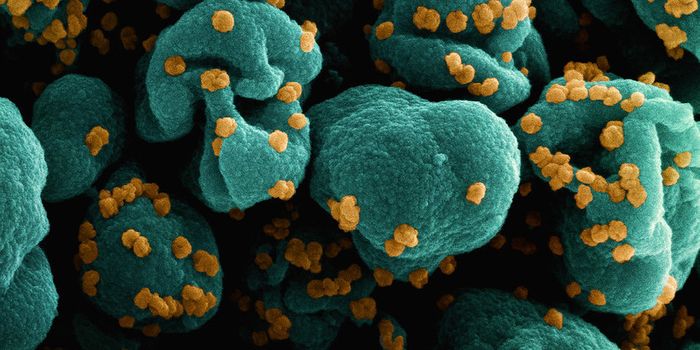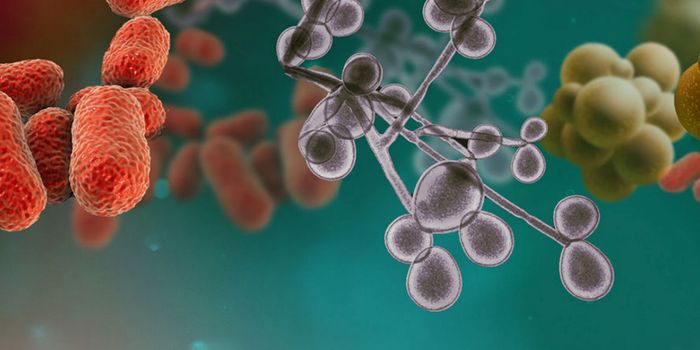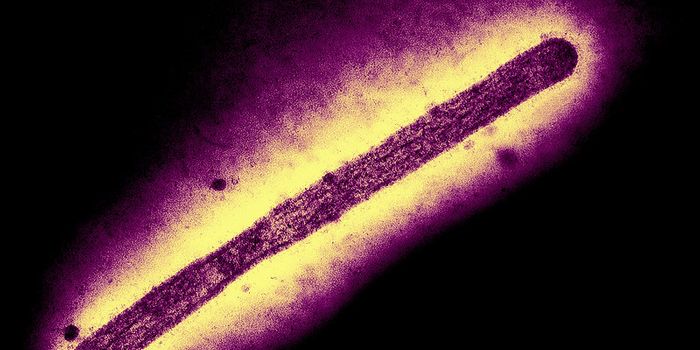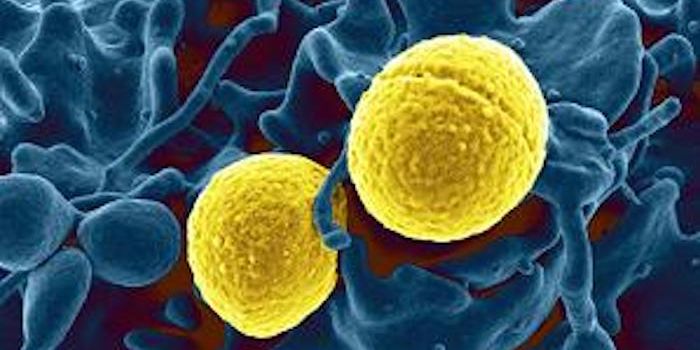A Living Cell Without Mitochondria? There's a Protist for That
Mitochondria are very well known as the powerhouses of the cell. Generally speaking, all eukaryotes, including plants, fungi, and animals, are made of cells that contain mitochondria. These organelles use the mitochondrial electron transport pathway to generate crucial energy that gives cells the ability to function. But a new study has shown, however, that there are unusual eukaryotes called oxymonads, which are single-celled protists that reside in the gut of insects and animals, that can survive with no mitochondria at all. The findings have been reported in PLOS Genetics.
Eukaryotes are different from prokaryotic cells like archaea and bacteria because they have organelles, or most specifically, a membrane-bound nucleus.
Protists are kind of a catch-all group for eukaryotic organisms that have not been classified as fungi, plants, or animals. They include a variety of groups that evolved from a common ancestor, but they now live in a wide variety of places and take on many different forms. They can include amoeba, kelp, and slime mold, for some examples. Genetic studies have now given various protists different classifications, with some in supergroups like Archaeplastida - a plant supergroup, or Obazoa - a group of animals and fungi.
While mitochondria were once considered to be essential to eukaryotes for survival, previous work identified an oxymonad in the intestines of a chinchilla that did not carry mitochondria. For this work, the investigators searched through the genetic data of similar organisms to look for others without mitochondria.
They determined that several oxymonads, and potentially the entire lineage, have jettisoned their mitochondria. This could have happened as long as 100 million years ago, before the oxymonads' common ancestor evolved into different species. The study noted that these organisms have been living life free of mitochondria since the age of the dinosaurs.
The work has also shown that eukaryotic cells can indeed survive and thrive with no mitochondria, even going on to evolve into multiple species without their powerhouses.
Sources: Public Library of Science, PLOS Genetics









